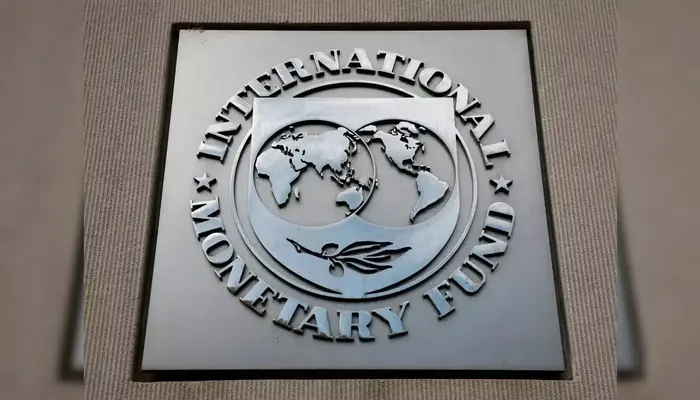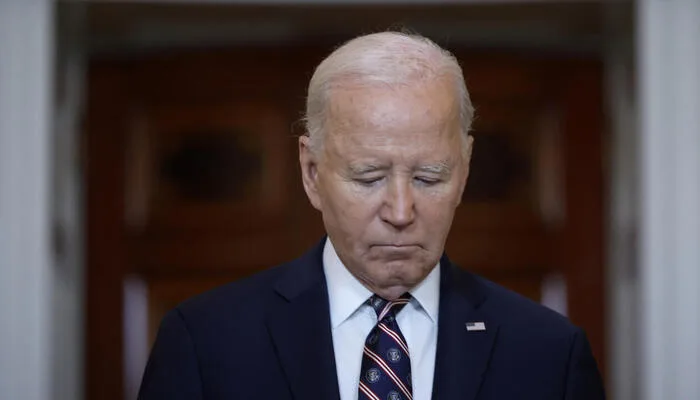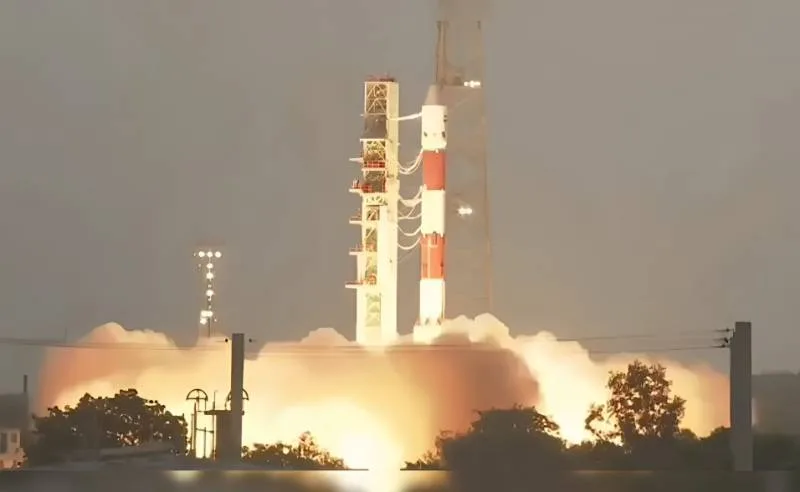
The International Monetary Fund (IMF) has introduced fresh structural benchmarks for Pakistan’s upcoming budget. The conditions aim to reform trade, taxation, energy, and industrial incentives. These reforms are part of Pakistan’s commitment under the IMF’s Extended Fund Facility (EFF) and the newly agreed Resilience and Sustainability Facility (RSF).
One of the IMF’s key demands is to eliminate all quantitative restrictions on used car imports. Specifically, the ban on commercial imports of used motor vehicles under five years old must end. This measure aims to liberalize trade and open Pakistan’s market to greater competition.
Carbon Levy Imposed
The IMF also instructed Pakistan to impose a carbon levy of Rs5 per litre. This tax will apply to fuel consumption and aims to address climate concerns and raise revenue.
The IMF has directed Pakistan to phase out all tax incentives for Special Technology Zones and other industrial parks. The phase-out plan must be finalized based on a recent assessment and implemented fully by 2035. Although the IMF report does not name China, this move could reduce benefits for Chinese investments, particularly in Special Economic Zones (SEZs) under the China-Pakistan Economic Corridor (CPEC).
Another major requirement is the full implementation of Agriculture Income Tax (AIT) laws. Pakistan must establish a functional system to process returns, register taxpayers, and improve compliance. A nationwide awareness campaign will support this move.
The IMF wants Pakistan to make the captive power levy permanent through legislation. Also, the annual electricity tariff rebasing and gas tariff adjustments must take effect from July 1, 2025.
According to the IMF staff report released in Washington, Pakistan must get parliamentary approval for the FY26 budget in line with the IMF’s targets. This is a condition for further financial support under both the EFF and RSF.
High External and Domestic Risks
The IMF warned that global uncertainty poses serious risks to Pakistan’s recovery. The recent U.S. tariffs, geopolitical tensions, and rising global policy shifts could affect commodity prices and financial markets. Domestically, the risk remains that political pressures may delay key reforms.
Finance Minister Muhammad Aurangzeb and State Bank Governor Jameel Ahmad have assured the IMF of continued reforms. In a joint letter, they promised “prudent macroeconomic policies” and long-term reforms to ensure inclusive growth and improve living standards.
The government has committed to maintaining a primary surplus of 1.6% of GDP in the FY26 budget. The IMF will be consulted closely in its preparation. The FY25 budget execution will also follow strict spending controls.
Monetary policy will remain tight to curb inflation. The central bank will monitor the effects of previous rate hikes while allowing the exchange rate to adjust freely to absorb external shocks.
Auto Sector Duties to be Phased Out
Pakistan has also pledged to end all extra duties on localised auto sector items. This includes import and sales taxes, as well as the removal of special duties under the 5th Schedule of the Customs Act and SRO 655(I)/2006. These changes are part of the National Trade Policy 2025–30.
The new tariff regime will apply to the electric vehicle (EV) sector as well. Some inputs may face increased and regularised tariffs. The goal is to treat local and imported production more equally.
By July 2026, Pakistan plans to extend these reforms to other industries. The preferential treatment for domestic production will be phased out gradually until FY30, in coordination with all concerned ministries.
Follow us on Google News, Instagram, YouTube, Facebook,Whats App, and TikTok for latest updates
















